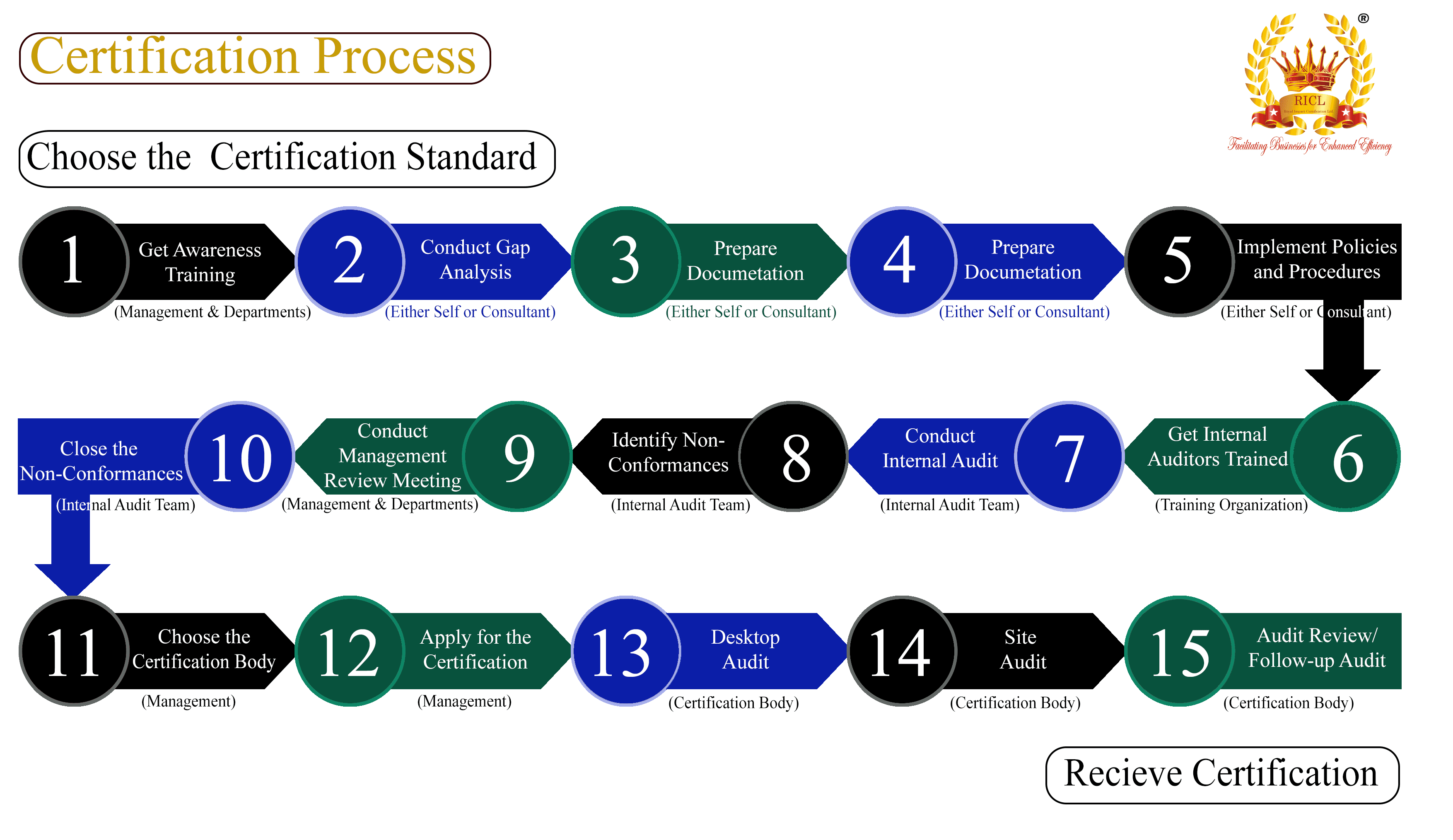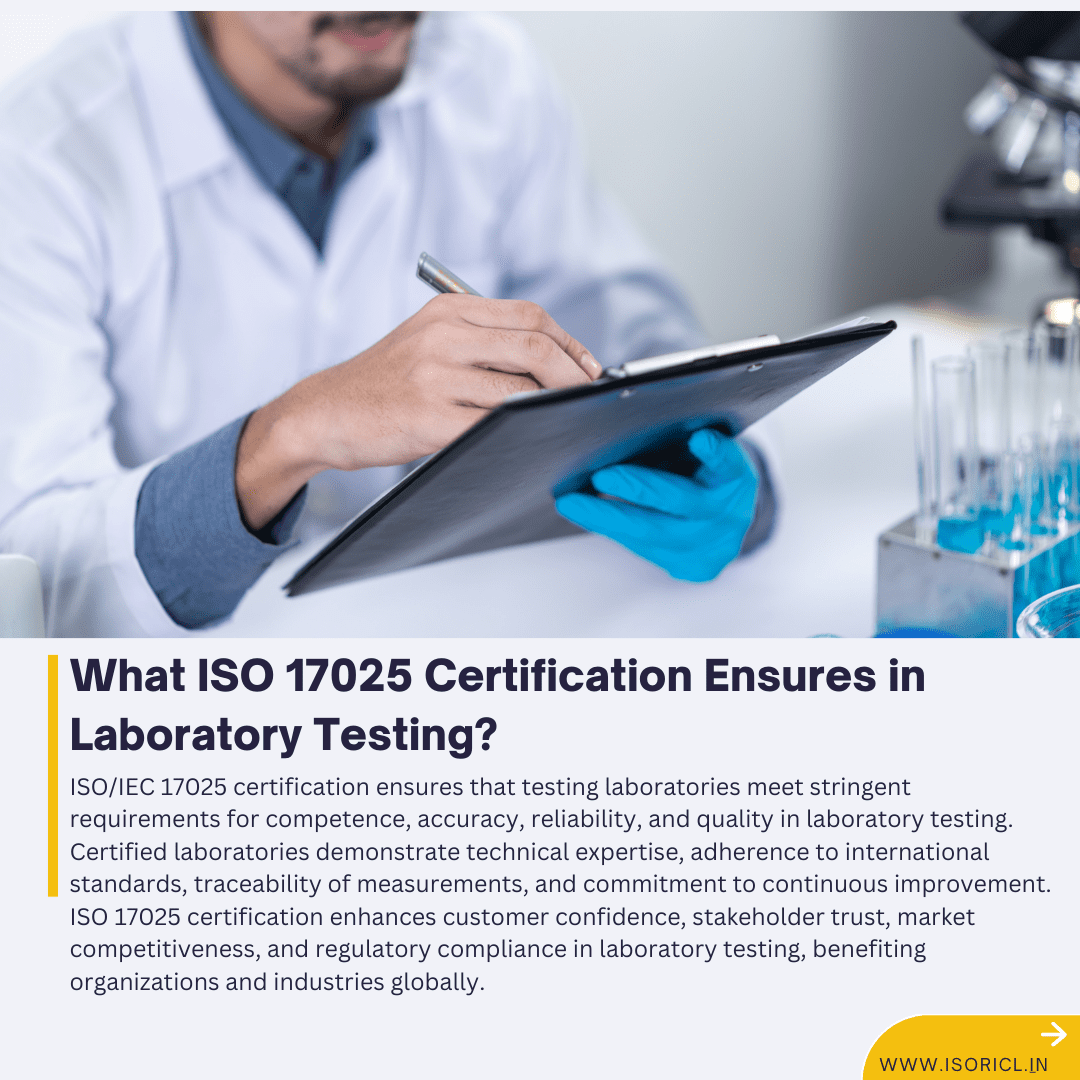
Transport and Logistic
The transport and logistics industry plays a crucial role in facilitating the movement of goods and people globally. ISO (International Organization for Standardization) has developed several standards specifically tailored to the transport and logistics sector to ensure efficiency, safety, and reliability. Here’s an overview of ISO standards relevant to the transport and logistics industry
The transport and logistics industry plays a crucial role in facilitating the movement of goods and people globally. ISO (International Organization for Standardization) has developed several standards specifically tailored to the transport and logistics sector to ensure efficiency, safety, and reliability. Here’s an overview of ISO standards relevant to the transport and logistics industry:
ISO 9001: Quality Management System (QMS)
ISO 9001 is a generic standard applicable to organizations of all types and sizes, including those in the transport and logistics sector. It focuses on implementing a quality management system that enhances customer satisfaction, improves processes, and demonstrates a commitment to continuous improvement.
ISO 14001: Environmental Management System (EMS)
Transport and logistics companies often impact the environment through their operations. ISO 14001 provides a framework for organizations to manage their environmental responsibilities effectively, reduce their environmental footprint, and comply with applicable legal and regulatory requirements.
ISO 45001: Occupational Health and Safety Management System (OHSMS)
Safety is paramount in the transport and logistics industry. ISO 45001 helps organizations establish an occupational health and safety management system to prevent work-related injuries, illnesses, and fatalities, ensuring a safe working environment for employees and stakeholders.
ISO 22301: Business Continuity Management System (BCMS)
Business continuity is critical in the transport and logistics industry to ensure uninterrupted operations, especially during emergencies and disruptions. ISO 22301 helps organizations plan, establish, implement, and maintain business continuity management systems to minimize downtime and recover quickly from disruptions.

Implementing ISO standards in the transport and logistics industry brings a range of benefits to organizations, employees, customers, and other stakeholders. Here are some key benefits:
Improved Quality Management: ISO 9001 helps organizations establish robust quality management systems, leading to improved product and service quality. This can result in fewer defects, better customer satisfaction, and enhanced competitiveness in the market.
Enhanced Environmental Performance: ISO 14001 facilitates better environmental management by identifying environmental impacts, reducing resource consumption, minimizing waste generation, and complying with environmental regulations. It can lead to cost savings, environmental stewardship, and a positive brand image.
Safer Work Environment: ISO 45001 focuses on occupational health and safety management, leading to a safer work environment for employees. Reduced workplace injuries, illnesses, and fatalities not only improve employee morale but also lower operational costs related to accidents and downtime.
Supply Chain Security: ISO 28000 helps organizations address security risks in the supply chain, including theft, tampering, and terrorism. Implementing security measures enhances supply chain resilience, protects valuable assets, and builds trust with customers and partners.
Road Traffic Safety: ISO 39001 promotes road traffic safety management, reducing the number and severity of accidents on roads. Improved road safety benefits not only transport companies but also the general public by minimizing injuries, fatalities, and property damage.
Business Continuity: ISO 22301 ensures that organizations can effectively respond to and recover from disruptions such as natural disasters, pandemics, or cyber-attacks. Business continuity planning minimizes downtime, protects revenue streams, and maintains customer confidence during crises.
Interoperability and Efficiency: ISO standards related to electronic fee collection (ISO 14906) and sustainable procurement (ISO 20400) promote interoperability, efficiency, and sustainability in transportation systems. They improve transaction reliability, reduce administrative costs, and support environmentally responsible practices.
Compliance and Market Access: Implementing ISO standards demonstrates a commitment to best practices, regulatory compliance, and international standards. This can open doors to new markets, attract global customers, and enhance business opportunities for transport and logistics companies.
Risk Management: ISO standards provide frameworks for risk identification, assessment, and mitigation across various aspects of operations. Effective risk management reduces operational disruptions, financial losses, and reputational damage, enhancing overall resilience.
Continuous Improvement: All ISO standards emphasize the importance of continual improvement. By implementing these standards, organizations foster a culture of learning, innovation, and performance excellence, driving long-term success and growth.
In summary, the benefits of implementing ISO standards in the transport and logistics industry include improved quality, safety, security, sustainability, compliance, efficiency, and resilience, leading to enhanced competitiveness and stakeholder value.
[formsapp id=”662f63f6c4dd546c9916c3db”]
Related Standards
The transport and logistics industry is governed by several ISO standards that help ensure quality, safety, security, environmental responsibility, and overall efficiency. Here are some key ISO standards related to the transport and logistics industry:
LATEST BLOGS
ISO 10002 Enhancing Customer Satisfaction and Complaint Handing Introduction ISO 10002 is an international standard that provides guidelines for the process of …
Who benefits from ISO 50001 Certification for energy performance? ISO 50001 Certification for energy performance benefits a wide range of stakeholders, including …
What ISO 17025 Certification ensures in Laboratory testing? ISO 17025 Certification ensures a high standard of competence and reliability in laboratory testing …







